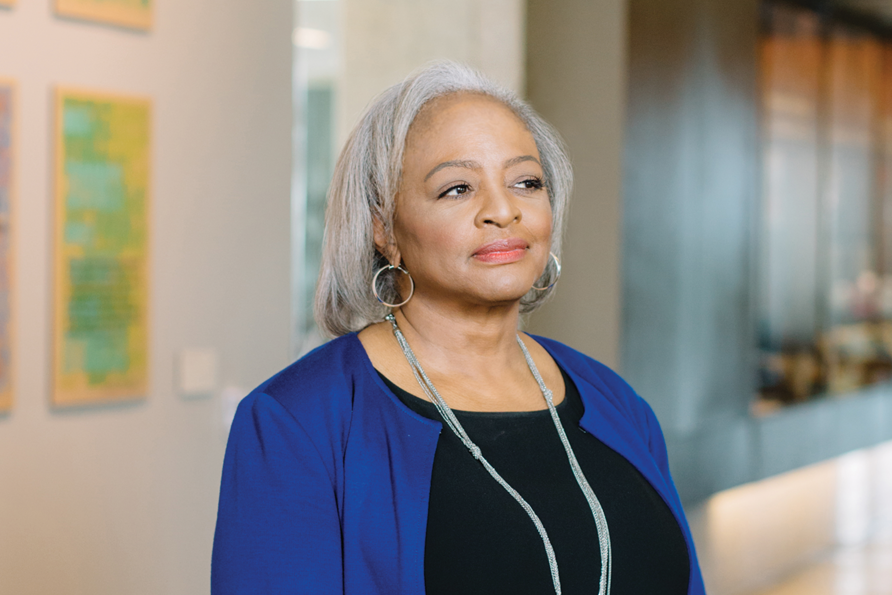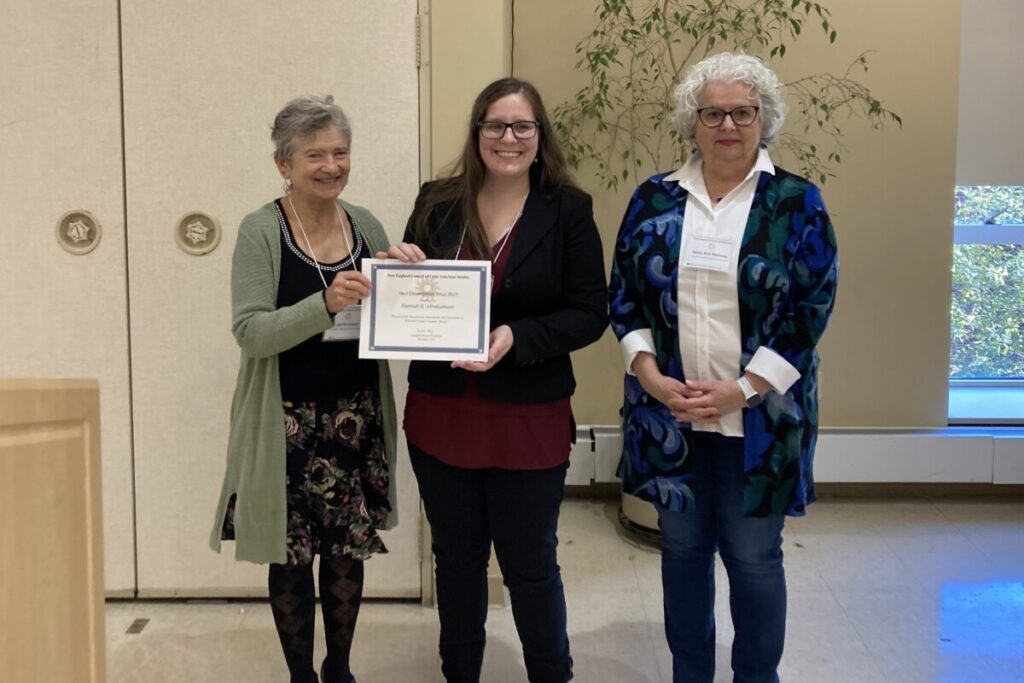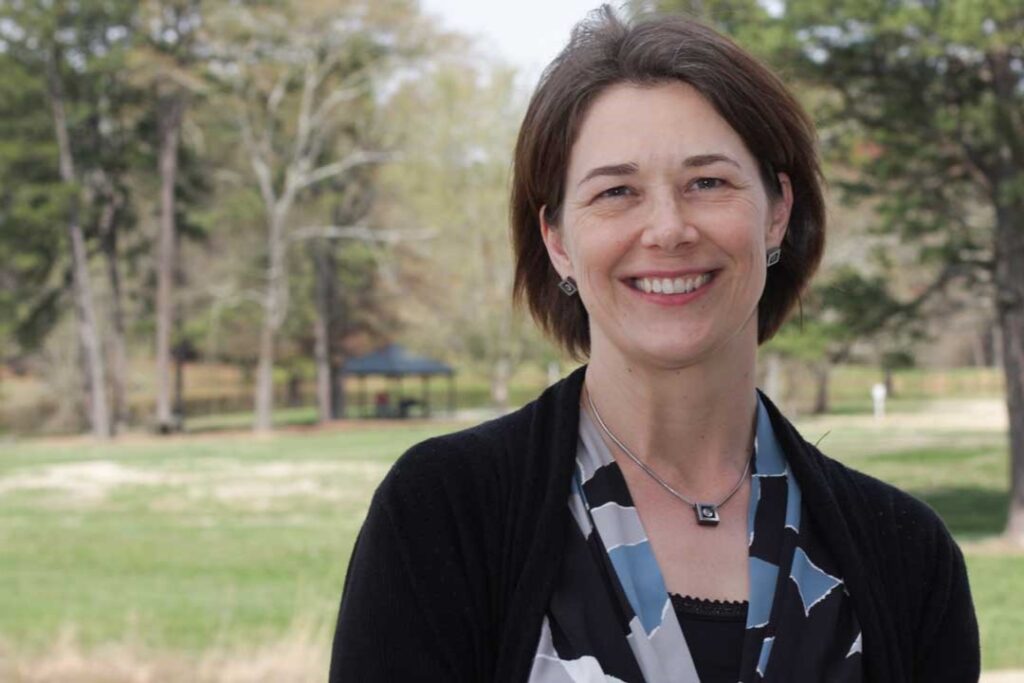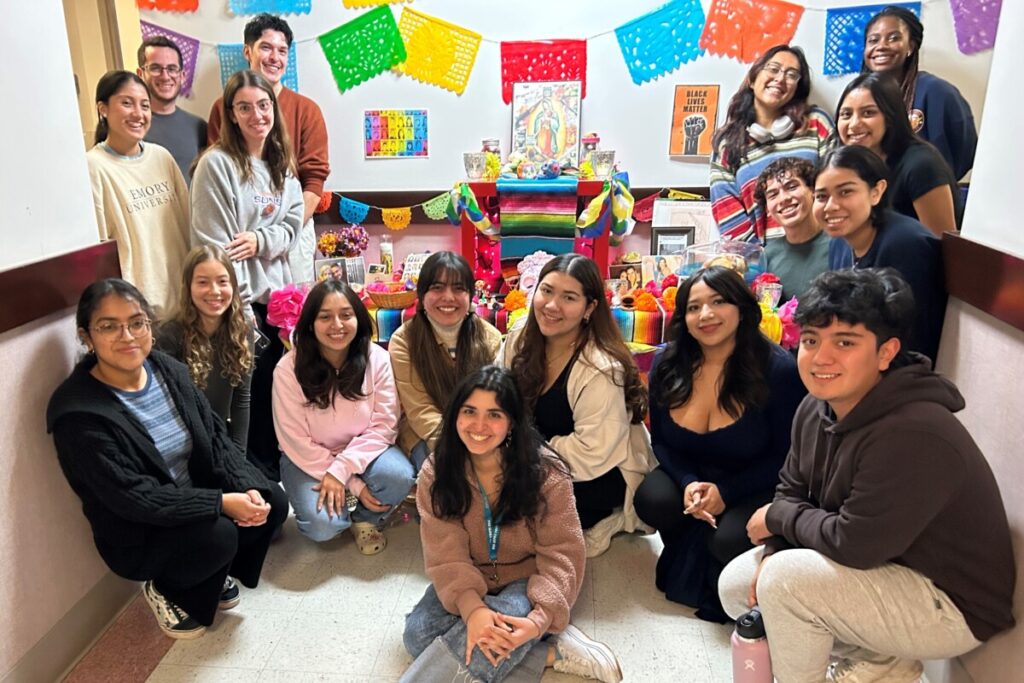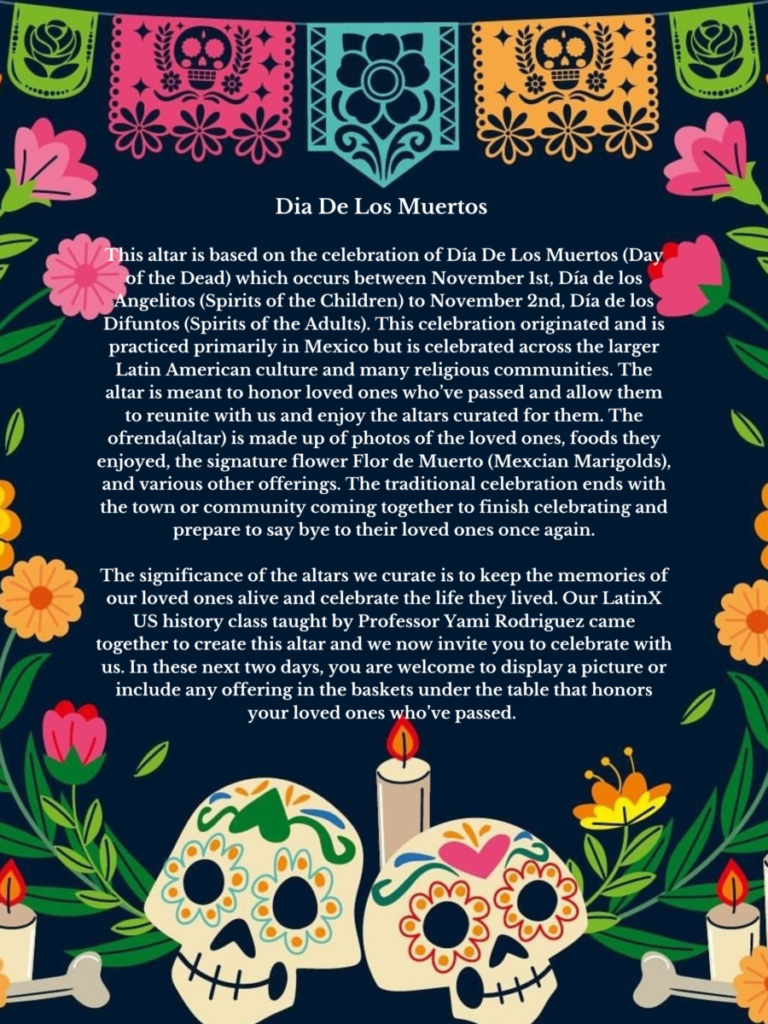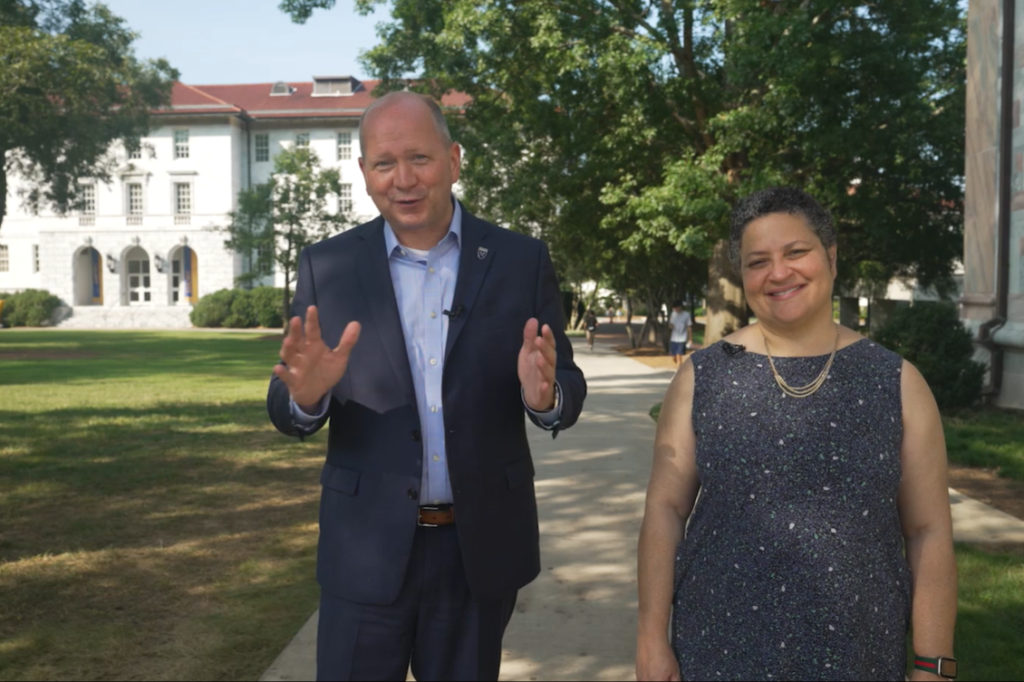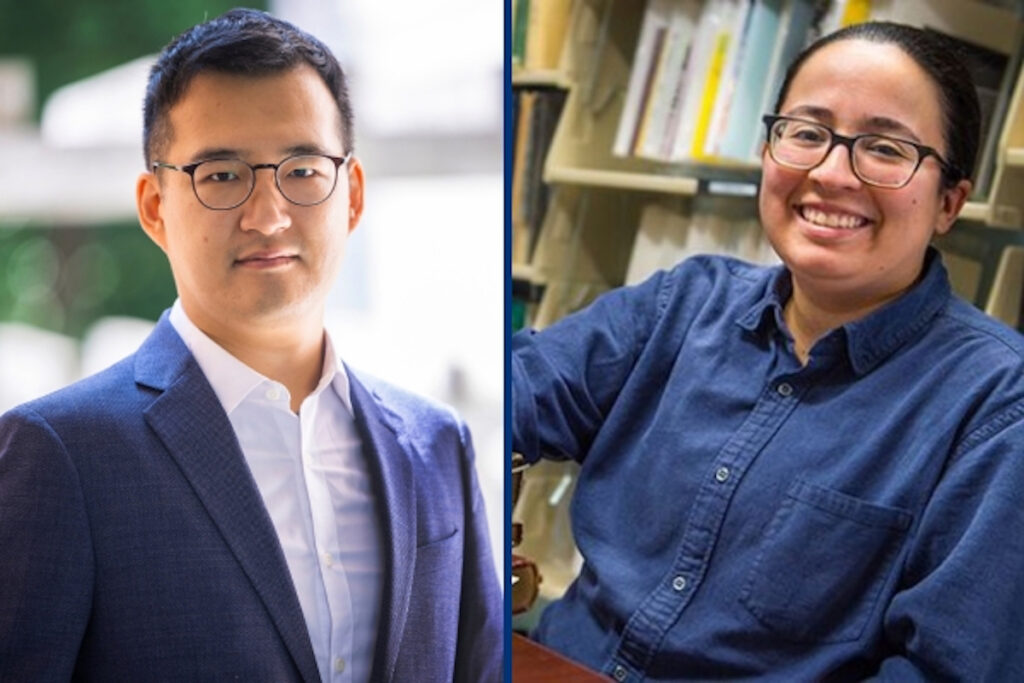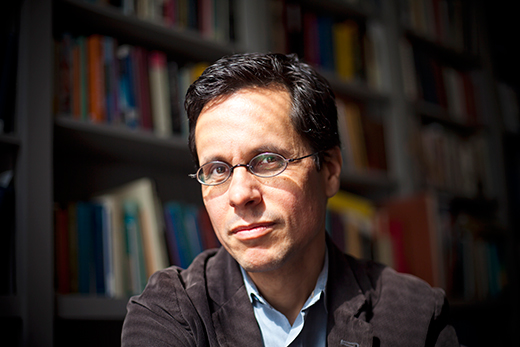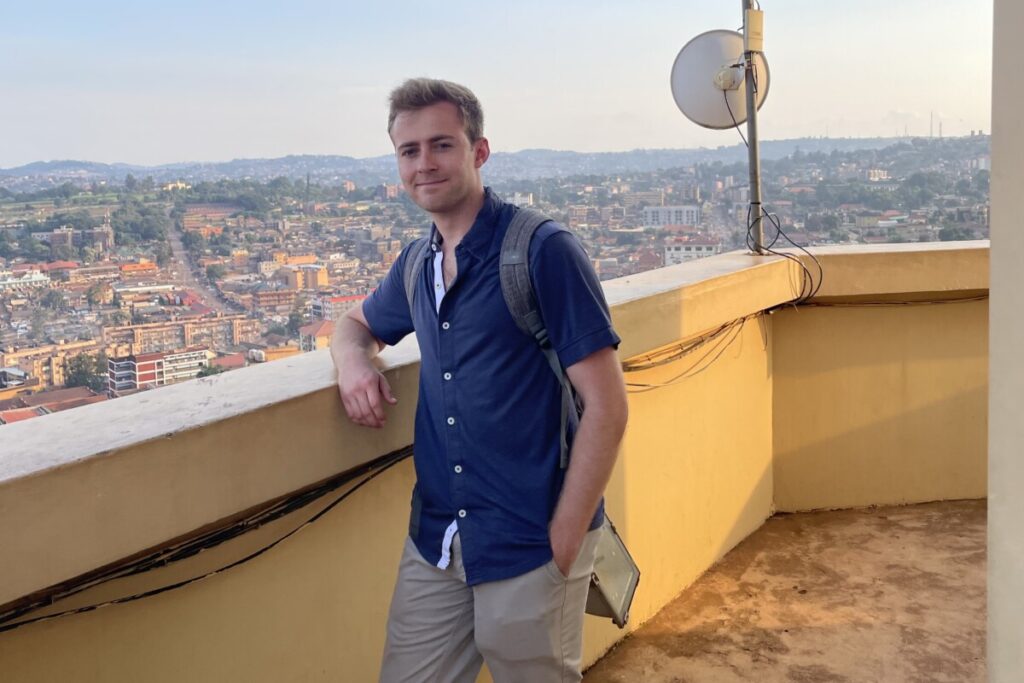
The History Department recently received an alumni update from Scott Benigno, a former Honors student who graduated in the spring of 2022. From May 2022 through July 2023, Scott worked as a Program Associate in the American Bar Association Rule of Law Initiative’s Africa Division in Washington, DC. There, he supported the administration/operations and technical work of programs in Sudan, the Gambia, and their regional East Africa programs in Uganda and Tanzania. These were development programs on topics such as supporting freedom of expression, protecting environmental defenders, transitional justice initiatives, and more. In June 2023, Scott had the amazing opportunity to travel to Kampala, Uganda, to work from their Kampala office, meet with local partners, and support a programmatic closeout.
In August 2023, Scott took a new job as a Project Manager at Management Systems International (MSI), a private international development firm. There, Scott works on USAID-funded contracts in Ethiopia and Ukraine on topics relating to monitoring and evaluation and anti-corruption. This fall, he traveled to Kyiv, Ukraine, for two weeks to support his project’s administrative and operational pre-closeout measures.
Scott writes: “It has been a busy 1-2 years since graduating and, while not technically history work, it is impossible to work internationally without using the past to make sense of the present.”
Explore his latest Foreign Brief article, where Scott provides insights and analysis on the Niger junta’s legal appeal to lift ECOWAS sanctions on humanitarian grounds: “ECOWAS Court Rules on Niger.”
Are you an Emory History alumnus? Please send us updates on your life and work!
